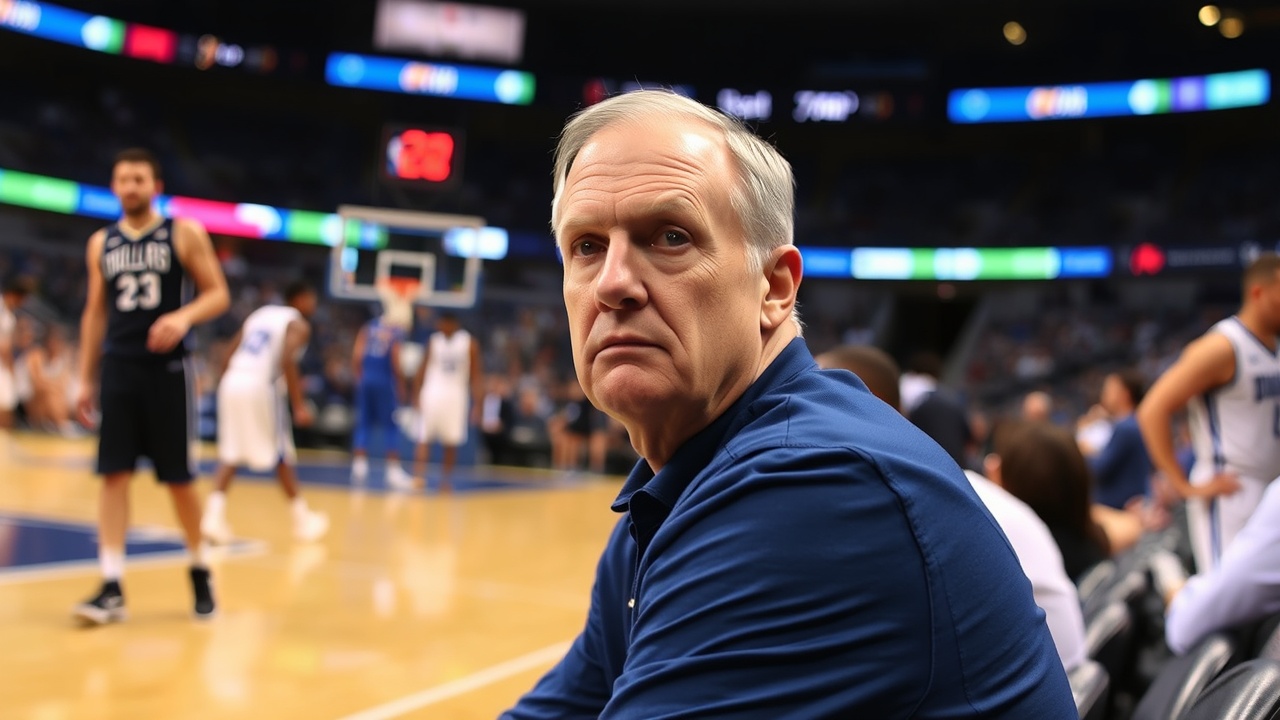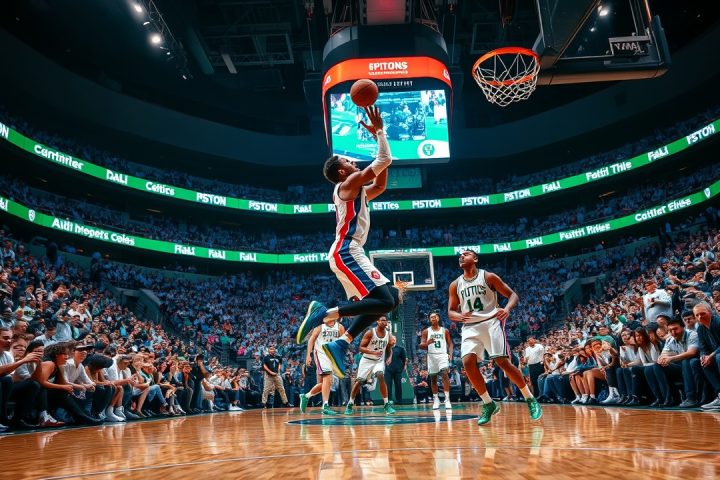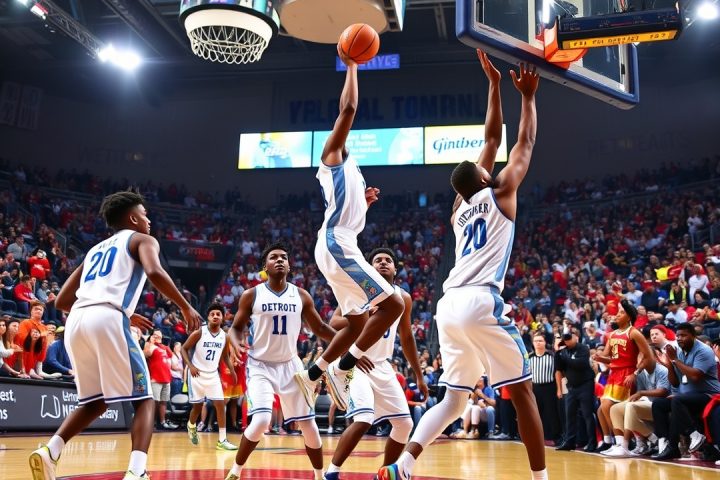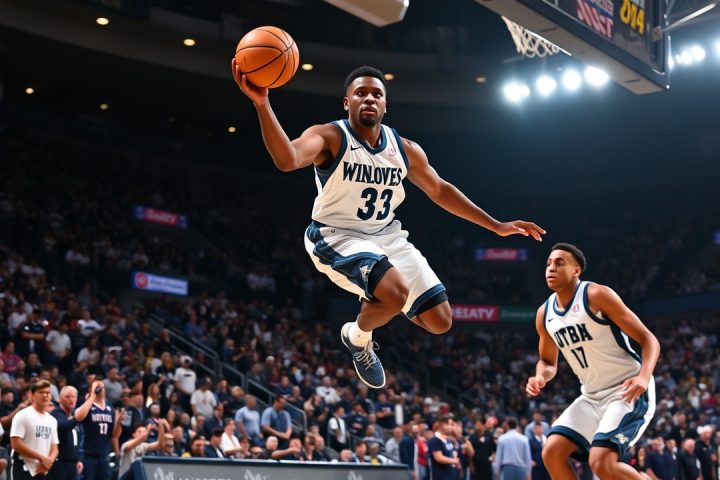Introduction
As discussions swirl around Luka Doncic‘s potential extension with the Los Angeles Lakers, prompted by LeBron James’ decision to remain with the team, many are contemplating the Lakers’ prospects for next summer when they may secure maximum salary cap space. This flexibility opens up possibilities for roster adjustments centered around Doncic, fueling rumors of the Lakers pursuing high-profile talents like Giannis Antetokounmpo—in an effort to create another star-studded championship-caliber lineup.
Traditional Strategies vs. New Philosophies
Historically, assembling multiple star players has been the backbone of the Lakers’ strategy. However, Rick Carlisle is posing a challenge to this traditional approach, questioning its effectiveness in today’s NBA landscape.
In a revealing conversation with journalist Caitlin Cooper of “Basketball She Wrote,” Carlisle reflected on the successful blueprint used by the Indiana Pacers, suggesting it could influence other franchises. He emphasized that the contemporary NBA values hard work and cohesive team efforts over merely having a few star players hogging the spotlight.
“It’s no longer sufficient to simply stack your roster with superstars,” mentioned Carlisle. “The emphasis is shifting towards having a balanced lineup of competent players who are dedicated to the team’s objectives.”
Recent Examples of Team Success
Carlisle’s insights are underpinned by observations from recent NBA Finals, showcasing teams like Oklahoma City and Indiana. Oklahoma City relied on the outstanding MVP-level performance of Shai Gilgeous-Alexander, supported by role players such as Alex Caruso and Lu Dort, who contributed grittily without being specific targets for opponents. Meanwhile, Indiana’s postseason journey demonstrated similar virtues, with not only All-NBA talents like Tyrese Haliburton but also essential contributions from solid role players including Myles Turner and Bennedict Mathurin, proving that exceptional depth can complement star power.
This notion wasn’t foreign just to these playoffs; it has been evident over the past several seasons. The Boston Celtics, for instance, showcased significant depth around star duo Jayson Tatum and Jaylen Brown, bolstered by a myriad of reliable players. Likewise, the Denver Nuggets thrived with MVP Nikola Jokic leading a roster featuring a solid assembly of contributors such as Aaron Gordon and Kentavious Caldwell-Pope.
The Importance of Roster Quality
During his reflections in the Finals, Carlisle acknowledged the necessity of having a leading star, but he warned that success hinges equally on the overall quality of the roster. The expression of a team’s resilience is often determined by its weakest member, raising concerns about how adversaries can exploit vulnerabilities during tested playoff matches.
Conclusion
For fans who might be fatigued by discussing the complexities of NBA financial structures and tax aprons, Carlisle’s revelations highlight a pivotal shift in team construction philosophies. The success of the Pacers illustrates a possible pathway towards a more sustainable and effective model, steering clear from the gamble of merely acquiring star talent. As creative franchises take note of this evolving landscape, expect to see teams gearing towards harmony in depth over reliance on marquee names.




